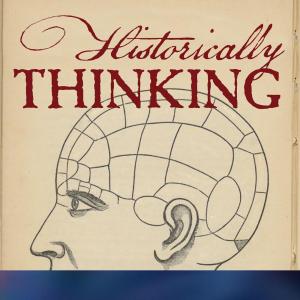Historically Thinking

Episode 368: Mosquito
It is without question the most lethal predator in the history of the planet. It has killed more humans than any other single cause of death—something around 52 billion over the course of 200,000 years of human history. In 2022 alone, it probably killed 680,000 people—a number much reduced from the carnage it has caused in past centuries. This super-predator is the mosquito, which has since the time of the dinosaurs carried diseases in its tiny body that have destroyed nations and cultures, and altered the destinies of those who survived. With me to describe the immense historical impact of the mosquito is Timothy C. Winegard. He is Associate Professor of History at Colorado Mesa University, and author of the 2019 bestselling book The Mosquito: A Human History of Our Deadliest Predator. For Further Investigation A review of The Mosquito in Emerging Infectious Diseases The CDC Guide to Mosquitoes One of the earliest works of animation: How a Mosquito Operates, from 1912 Two videos related to William Crawford Gorgas: one, from the Gorgas House Museum in Alabama, highlights his contribution to the building of the Panama Canal; the other is a one minute clip of a silent movie of Gorgas traveling on a train through the Canal Zone.






 Visit Podcast Website
Visit Podcast Website RSS Podcast Feed
RSS Podcast Feed Subscribe
Subscribe
 Add to MyCast
Add to MyCast